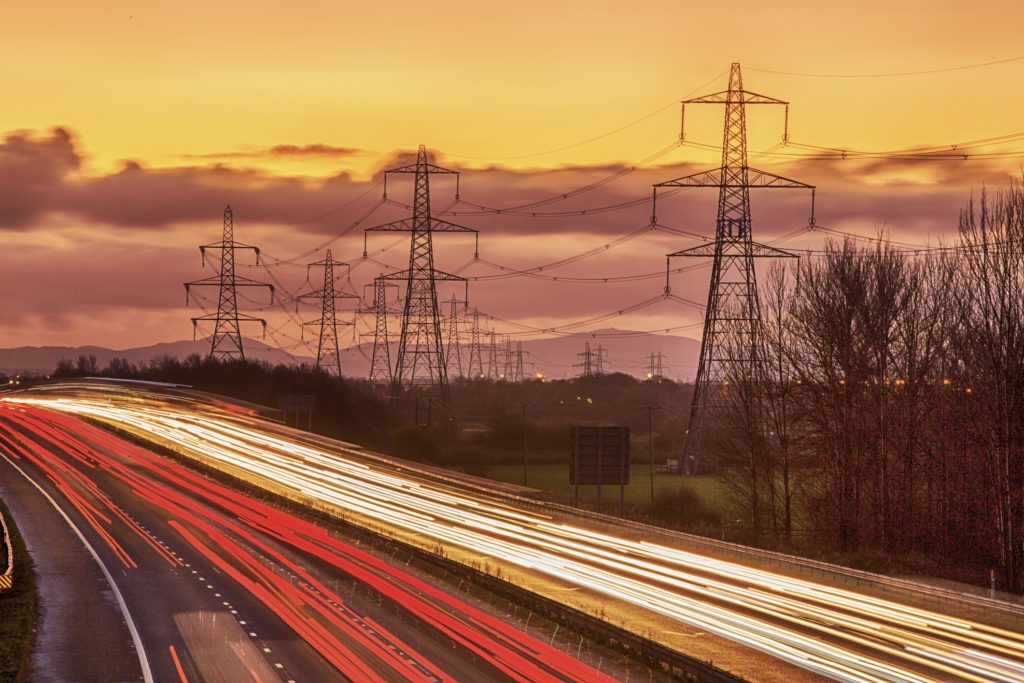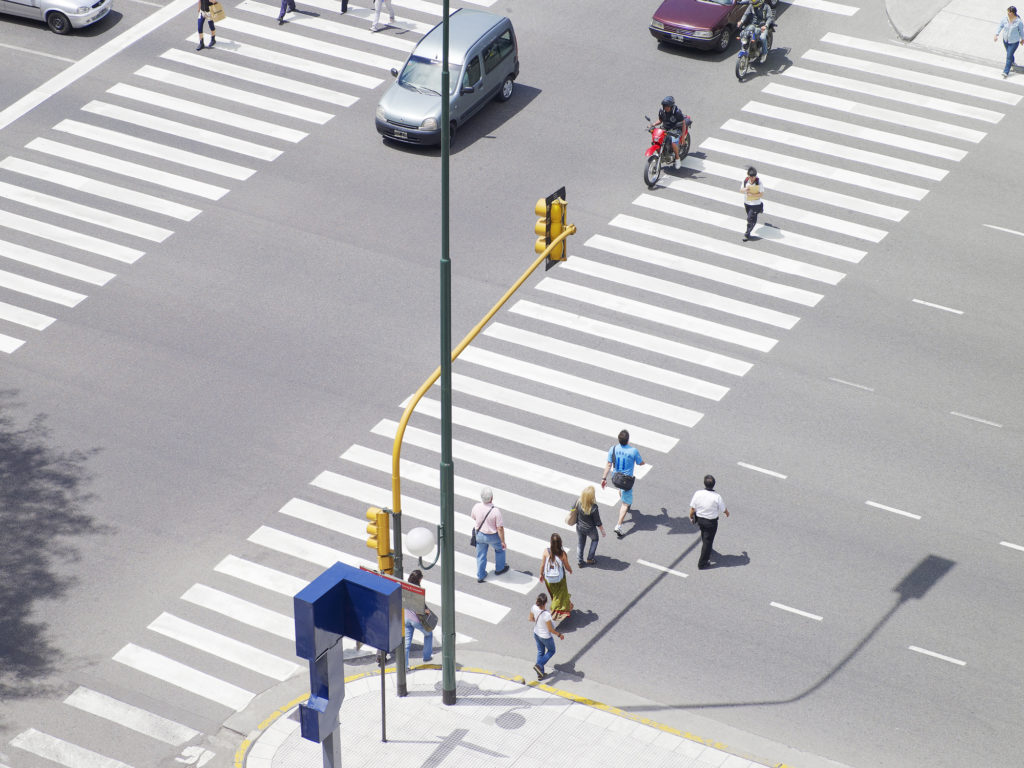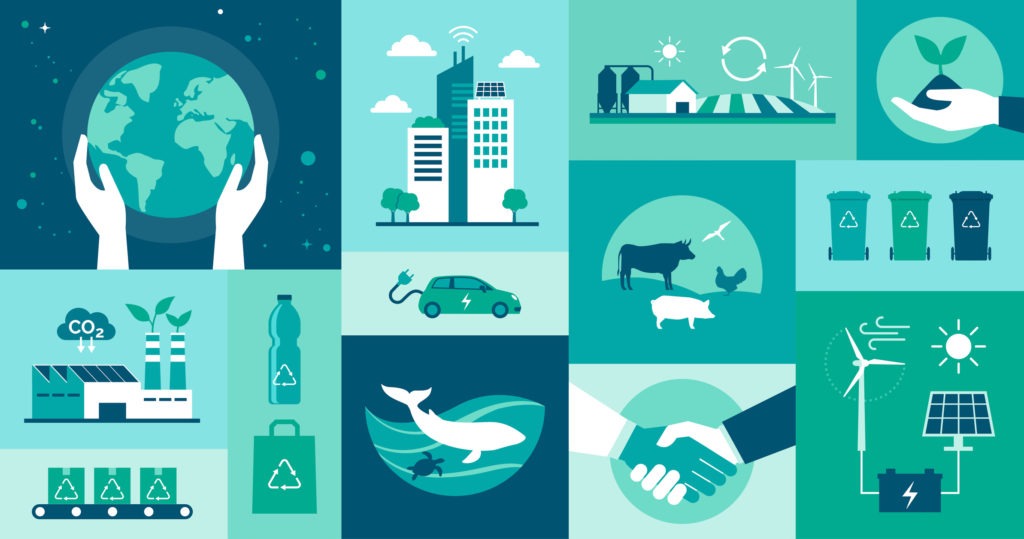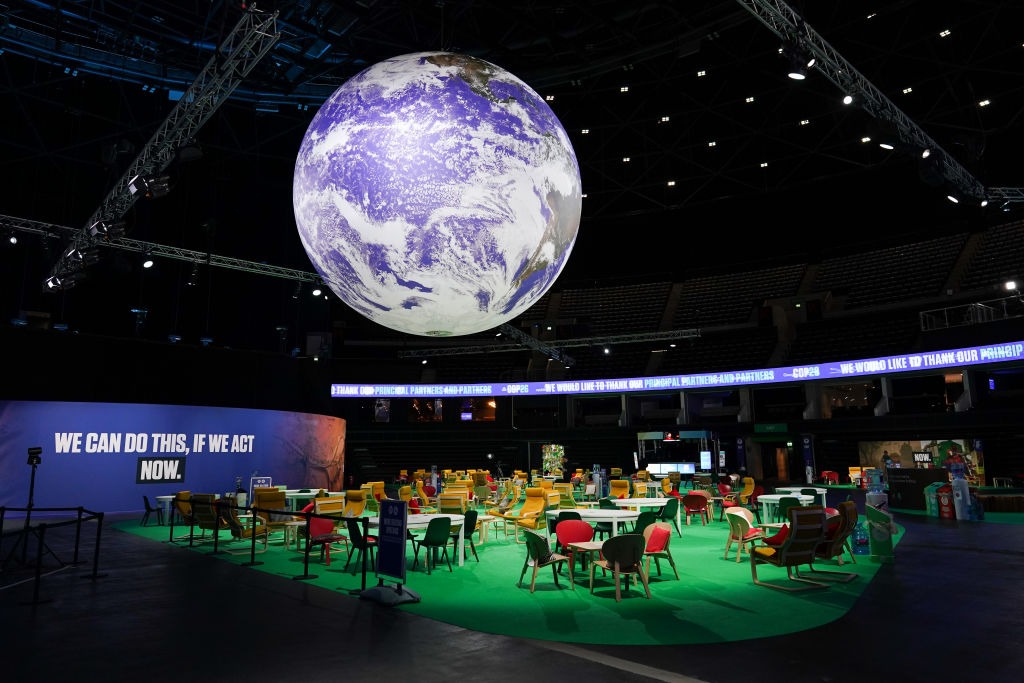This week’s automotive headlines – 20 November 2021
20 November 2021

A lot can happen in a week, especially in the automotive sector. So, Autovista24 reviews some of the most important stories from the last seven days. This week’s headlines include Polestar’s plans to double its market presence, a setback for Automechanika Shanghai, and ZF’s collaboration with Microsoft.
Opel split off the table
Opel will not split off its German factories, with production at the Eisenach plant expected to resume in January. The news comes as a relief to employees as Opel owner Stellantis had previously considered overhauling its production plans in Germany by turning two Opel sites – Eisenach and Rüsselsheim – into separate legal entities to make production more flexible. The carmaker has now come to an agreement with trade union IG Metall and the works council, which called the negotiations ‘difficult.’ Opel’s Eisenach site will remain an independent part of Opel Automobile GmbH. The Grandland SUV will be made exclusively at the plantfrom next year, with the works council welcoming this decision as a way to make the site ‘future-proof’. Uwe Baum, chairman of the Opel General works council, emphasised this as a major success. ‘The resistance of the works councils and IG Metall, together with the commitment of the workforce and political support, have had an impact. We have thus achieved an important milestone,’ he said.
Polestar to double market presence
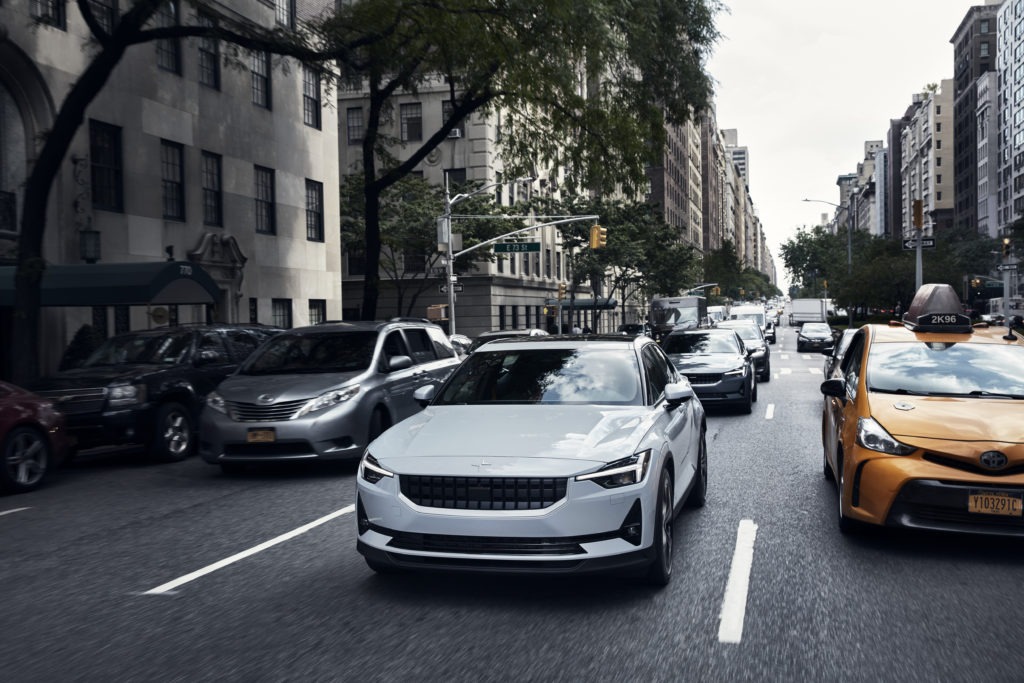
Swedish electrically-chargeable vehicle (EV) maker Polestar, plans to double its global presence, aiming to operate in 30 markets by the end of 2023. The Volvo spin-off also intends to increase its sales to 290,000 vehicles by 2025 by adding three new products to its portfolio. The carmaker has grown rapidly in recent years, expanding its footprint from 10 global markets in 2020 to 14 markets today. In 2022, the brand will launch in more European countries, including Spain, Portugal and Ireland, while Israel will mark its presence in the Middle East. With 86 Polestar retail locations, the company plans to launch a new car each year for the next three years as part of its ambitious growth strategy. ‘We have driven tremendous growth since beginning full-scale activity in 2020, underpinned by organic market expansion, strong interest in our award-winning Polestar models and benefits from post-pandemic retail tailwinds,’ said Polestar CEO Thomas Ingenlath.
Rimac starts construction on Croatian campus
EV hypercar and electric technology manufacturer Rimac Group has started building the company’s €200 million HQ near Zagreb, Croatia. The 200,000 square metre facility will provide the production base for all planned Rimac models, including the much-anticipated electric hypercar, the Nevera. The site encompasses a test track, museum, and all the relevant design and production facilities. Founder and CEO, Mate Rimac, recently used the embryonic facility to put the over 250mph (402km/h) Nevera through its paces in a spectacularly mud-splattered, off-road joy ride, before the model went off for crash testing purposes. ‘Ever since I founded the company, building the best possible working environment was key to me,’ stated Rimac. ‘With the campus, we want to do exactly that – create the best environment for working and creativity, but not only for our employees. This is a place where customers, students and the general public are welcome and invited to mingle with our employees.’
Skoda powers-up with Powerpass
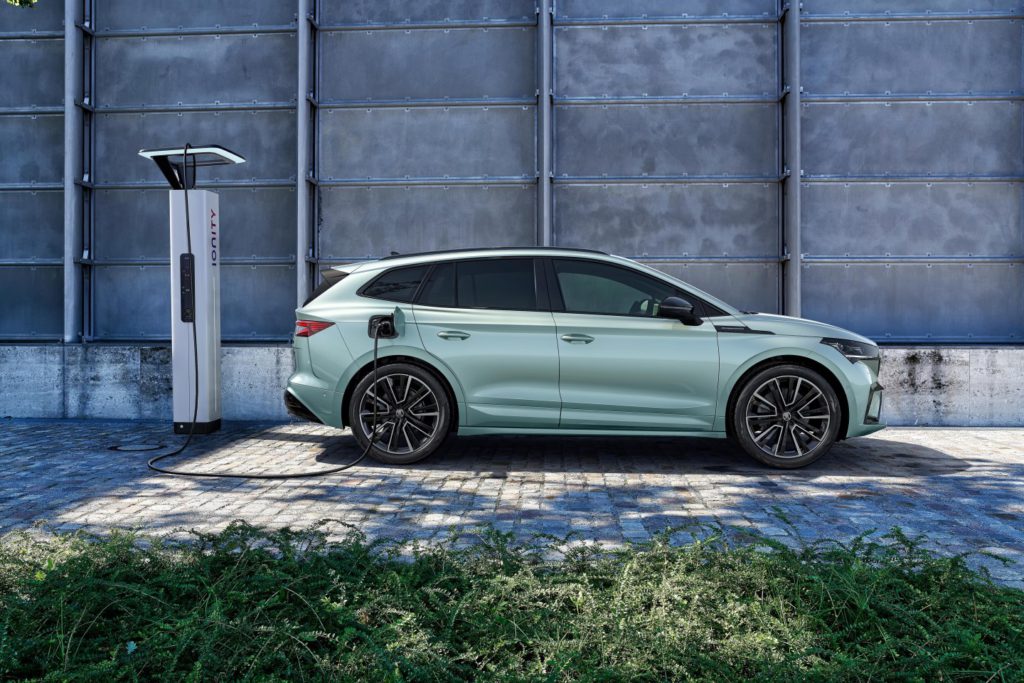
Skoda Enyaq iV drivers are getting access to one of the largest charging networks in Europe via Powerpass. A single app or radio frequency identification (RFID) card opens up 260,000 chargers, including fast-charging stations within the Ionity network. Access to these fast-chargers is vital as the European Automobile Manufacturers’ Association (ACEA) recently revealed that only one in nine plug-in points across Europe are capable of fast-charging at a rate above 22kW. Billing customers monthly, the Powerpass allows users to view all transactions as well as manage their wallboxes. ‘Even when travelling abroad, users no longer need to worry about different access schemes or cards; the Powerpass is processed centrally at a transparent market price (alternating current, direct current, Ionity) instead of individually at each charging point,’ the carmaker explains.
Automechanika Shanghai setback
Automotive supplier show Automechanika Shanghai is pushing back its dates. Currently scheduled to open its doors on 24 November for three days, a new set of dates will be ‘announced in due course.’ The measure has been prompted by a recent spike in COVID-19 cases around the country. Meanwhile, the digital platform will go live as scheduled. ‘It is currently a pivotal moment for the government to get ahead of its containment efforts and prevent the wider outbreak of cases. To support these actions, we have decided to defer Automechanika Shanghai,’ said Fiona Chiew, deputy general manager, Messe Frankfurt. ‘First and foremost, our top priority is to protect the wellbeing of all participants travelling to the show. On behalf of the team, I would like to thank all industry players for their support and understanding. I look forward to welcoming everyone back to the fair during the rescheduled time.’
ZF bolsters collaboration with Microsoft
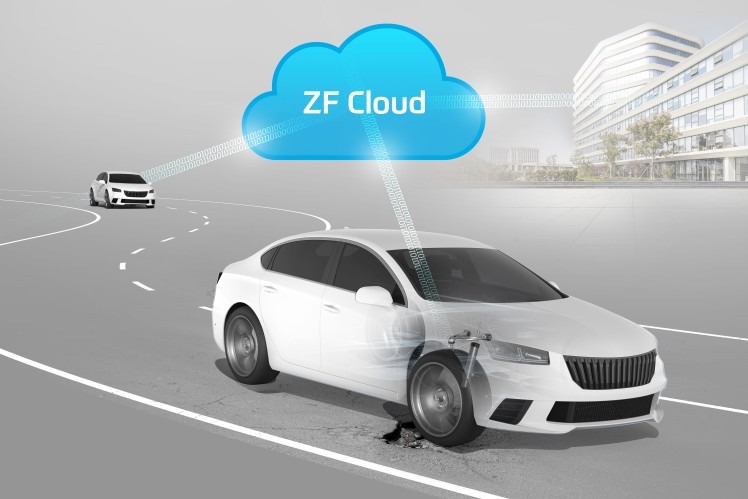
German automotive supplier ZF is bolstering its collaboration with software giant Microsoft as the company is looking to digitise its products and processes worldwide. Aiming to ramp up the supplier’s digital capabilities, Microsoft will create a data and integration platform, the ZF Cloud, to digitalise ZF’s industrial and operational production and business processes. This will help process huge amounts of data generated by vehicles using ZF technologies. Seen as a step to optimise connectivity of ZF components, this digital transformation will also allow for new vehicle functionalities such as automated driving and autonomous shuttles. The strategic partnership with Microsoft will support ZF’s ambitions to become a cloud-native mobility services provider. The German company plans to invest billions of euros into its digital metamorphosis in the coming years, of which a significant amount will flow to Microsoft. Describing its new cloud strategy as a cultural transformation, ZF said this new level of connectivity will provide supply chain visibility and tracking of material movements, which should minimise supply chain interruptions.
Connected Kerb joins Zap-Map
Connected Kerb is joining Zap-Pay, a cross-network charging system, part of the UK EV mapping service, Zap-Map. Connected Kerb is a solution for UK residents without off-street parking. It will have deployed 1,000 chargers, with contracts signed for 10,000 this year and secured for 30,000 more by the end of 2022. By 2030, it plans to install 190,000 public on-street chargers, worth up to £1.9 billion (€2.26 billion). Working with Zap-Pay and Zap-Map, consumers will be able to plan and pay for charging with one app. Launched last year, Zap-Pay hopes to sign up all the UK’s key networks. ‘In an age where users are swamped with apps covering every activity of their daily life, we believe that the integration of finding, planning and paying for charging points within the same app will make EV charging hassle-free. This is an essential part of enabling a full EV transition,’ said Chris Pateman-Jones, CEO of Connected Kerb.
